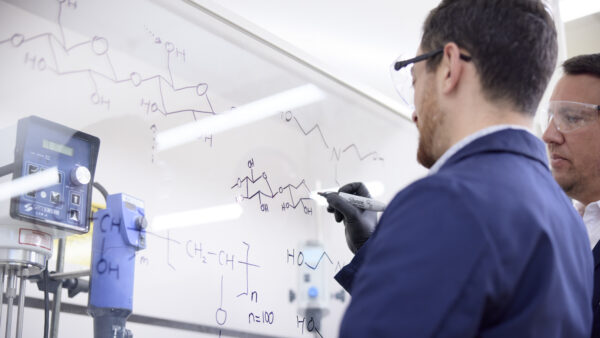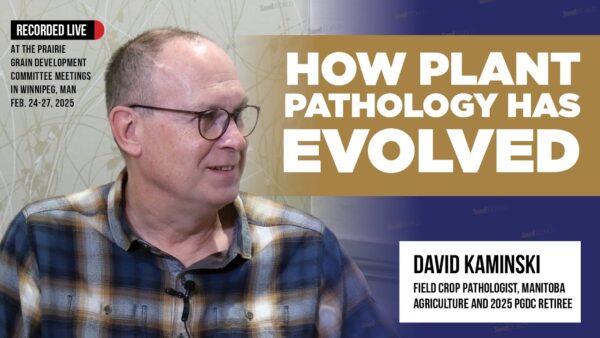Take your time and pour out your own creativity.
I have been staring at this blank screen for more than 10 minutes. I’ve written a few ideas, but they are not the ones I chose to write about today. I am sure you know the feeling of sitting with a blank PowerPoint slide, an empty email reply, or even a greeting card. Thinking of the impactful thing to say, how to start, sorting ideas, getting the steps in order. Thinking–this is the hard work of what you do, and the value you bring to the organization and others you care about.
To Use AI or Not to Use AI
The constant chatter about artificial intelligence is that we can just ask AI to write an article, create a presentation or even send a birthday card. If I did use AI, I hope that my readers would know. If you used AI to create your employee townhall message, they would know. Your mother would definitely know you didn’t write that card yourself.
There is another reason I am not using AI to write articles. That’s because writing is my way of learning and thinking. The hardest part of writing is staring at the blank page. But experience tells me that the blank page is where most of my creativity and new ideas come from. It’s not just this article that is the useful outcome, it’s the list of ideas that are not being published that I will keep for future inspiration. As hard as it is, I am not ready to give it up.
The lesson is this. There are many functions in our operations that can be automated, sped-up, done by another person or computer. However, we should be selective about what aspects we choose to automate or speed up—especially the hardest one of all, thinking.
As you prepare to deliver a presentation, write out an email or share ideas through steady conversation, this is where new ideas strike you; you make unexpected connections; things start to make sense, and often you begin to find solutions.
Growing Wisdom
The author and book-reviewer, Joel Miller writes about reading books: “The time it takes to engage with ideas—whether factual or fictional, emotional or intellectual, accurate or inaccurate, efficient or inefficient—might strike some as a drag. But the time given to working through those ideas, adopting and adapting, developing or discarding, changes our minds, changes us. It’s not about the wisdom we glean. It’s about what wisdom we grow.”
The value of taking our time is true not only of solitary activities. One-on-one or group meetings where there is space in the agenda for conversation and sharing will result in better and more creative ideas. I am not recommending longer meetings, but I would recommend a lot less content in those meetings.
No Substitute for Thinking
Thinking is the one activity that is unique to the human mind. There is no substitute. We should be careful about delegating thinking tasks like writing, reading and collaboration to others or computers as a means to create more time in our schedule. And in fact, we should be finding ways to increase the amount of time thinking—by automating everything else.
What activities give you and those you serve greater value if they are done slowly, rather than fast? Done by you and not someone else? When you discover those, don’t be too hasty to give them up. Stay with it and be intentional about the value besides the product that this time brings you.












